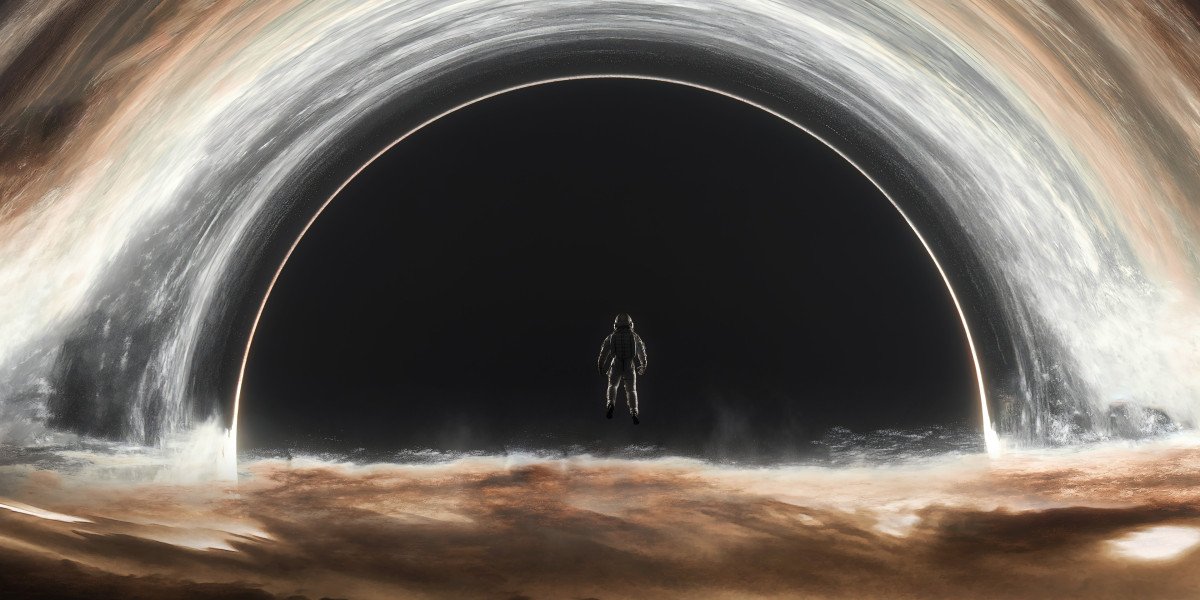In today's fast-paced world, the need for a connection to nature has never been more crucial. Innovative lighting designs play a significant role in achieving this connection through biophilic design principles. By integrating natural elements into our living and working spaces, we can enhance our well-being and productivity. This article delves into the fascinating world of biophilic design and how innovative lighting can transform our environments.

Understanding Biophilic Design
Biophilic design is an approach that seeks to connect people with nature. It incorporates natural elements into architectural and interior design, fostering a sense of tranquility and well-being. But how does lighting fit into this concept? The answer lies in the way light influences our perception of space and our emotional responses to our surroundings.
The Role of Innovative Lighting Designs
Innovative lighting designs can mimic natural light patterns, creating an environment that feels more organic and inviting. Here are some key aspects of how lighting can enhance biophilic design:
- Natural Light Simulation: Using LED technology, designers can create lighting that simulates the changing colors and intensities of natural light throughout the day.
- Dynamic Lighting: Adjustable lighting systems allow users to modify brightness and color temperature, adapting to their needs and preferences.
- Integration with Nature: Lighting fixtures can be designed to resemble natural forms, such as trees or flowers, reinforcing the connection to the outdoors.
Benefits of Biophilic Lighting
Implementing innovative lighting designs that align with biophilic principles offers numerous benefits:
- Enhanced Mood: Natural light has been shown to improve mood and reduce stress levels.
- Increased Productivity: Workspaces that incorporate biophilic lighting can lead to higher productivity and creativity.
- Health Benefits: Exposure to natural light can regulate circadian rhythms, improving sleep quality and overall health.
Practical Applications of Innovative Lighting Designs
Incorporating innovative lighting designs into various settings can be both practical and aesthetically pleasing. Consider the following applications:
- Residential Spaces: Use layered lighting to create cozy, inviting atmospheres that mimic the outdoors.
- Commercial Environments: Implement dynamic lighting systems in offices to boost employee morale and productivity.
- Public Spaces: Design parks and recreational areas with integrated lighting that enhances safety while maintaining a natural feel.
Conclusion
As we continue to explore the intersection of design and nature, innovative lighting designs will play a pivotal role in enhancing our connection to the natural world. By embracing biophilic design principles, we can create spaces that not only look beautiful but also promote well-being and productivity. For more insights on lighting solutions, visit  .
.






